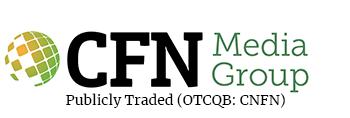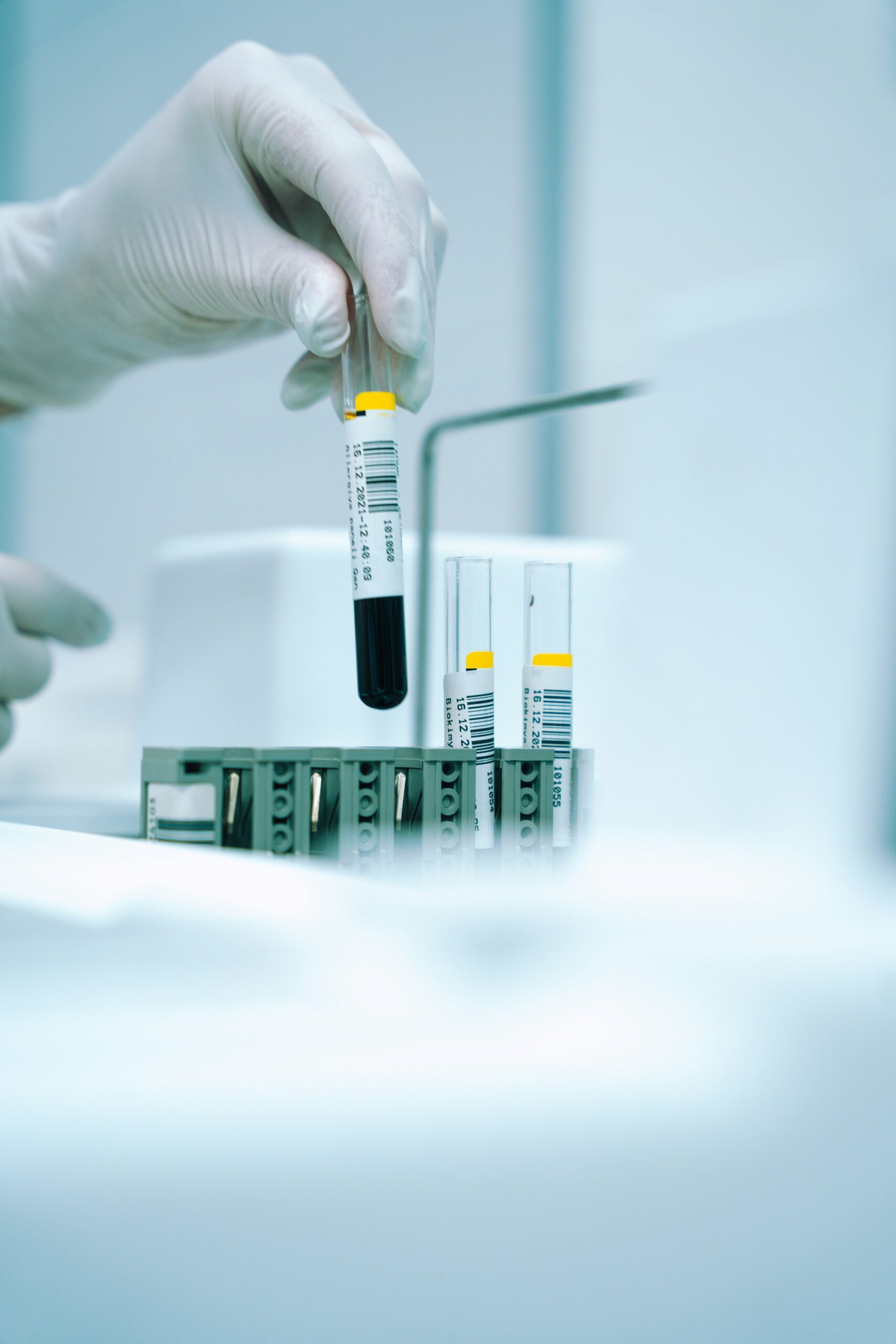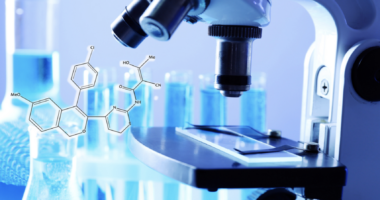Cardiol Therapeutics Inc. (Nasdaq: CRDL) (TSX: CRDL) recently presented excellent results from the company’s MAvERIC-Pilot Phase 2 clinical trial of its lead drug candidate, CardiolRx™, for the treatment of recurrent pericarditis. The results, presented at the American Heart Association’s Scientific Sessions 2024, showed marked improvement in both pain and inflammation for patients throughout the 26-week duration of the study. Based on this outcome, Cardiol is launching two advanced trials that could be the final steps before potential approval of the drug by the United States’ Food and Drug Administration (FDA).
Importantly, these trials are operating under the FDA’s Orphan Drug Designation (ODD). Sponsors of drugs developed with the ODD are incentivized with significant tax credits, the possibility of seven years of market exclusivity following approval, fast-track review, and fee reductions or exemptions. The program was created to encourage research and development of therapies for relatively rare conditions that might be otherwise overlooked.
Phase 2 Results
Pericarditis is the inflammation of the membrane that surrounds the heart and is usually the result of a viral infection. Patients can experience severe chest pain, shortness of breath, and fatigue among other symptoms. Treatments include anti-inflammatory pain killers and steroids if the condition persists. However, for about 38,000 Americans each year, the condition keeps coming back. These patients, suffering from recurrent pericarditis, are often using a steady diet of a variety of anti-inflammatory drugs and steroids for long periods of time without resolution of the underlying condition.
The MAvERIC-Pilot study enrolled 27 patients for an initial 8-week treatment period, and 24 of them continued through an 18-week extension period. Participants were taking CardiolRx™ alongside their prescribed medications (colchicine, NSAIDs, and corticosteroids) for the first 8 weeks, and were weaned off these medications in the extension period for CardiolRx™ to be evaluated on its own.
The participants had been dealing with recurrent pericarditis for 2.7 years, on average, prior to the trial. Recurrences averaged almost six events per year. Their lives were greatly impacted, and there was no evidence that the current treatment regimen was going to prevent recurrences going forward.
With CardiolRx™ administered, their symptoms changed significantly for the better. On a pain scale of 0-10, with 10 being the highest, patients reported a reduction from an average of 5.8 at the beginning of the trial to an average of 1.5 at week 26. Remember, they were weaned off the other drugs following the eight-week mark, at which point they reported pain scores averaging 2.1.
CardiolRx™ acted quickly to reduce the pain, with the median time to achieve a pain score of 2 or less taking just five days. Recurrences were reduced, on average, from 5.8 episodes per year to 0.9 episodes per year for patients in the full 26-week program. 71% of those patients experienced no recurrence at all during the study period, including the extended period in which they had been weaned and CardiolRx™ was their only medication.
The Comparable
Recurrent pericarditis is an orphan indication due to the relatively small number of patients; however, there is tremendous potential upside in developing an effective treatment for it. As luck would have it, there is another company that has developed a drug to address the disease, and we can look there to find a comparable for Cardiol’s situation.
Kiniksa Pharmaceuticals (Nasdaq: KNSA) licensed rilonacept from Regeneron in the hopes it could treat recurrent pericarditis. It was granted Breakthrough Therapy Designation in 2019, and ODD in 2020. In 2021, rilonacept (trade name ARCALYST) was approved by the FDA. Kiniksa’s market cap rose from $380 million in 2019 to $1.375 billion at the time of approval, and rilonacept remains its only approved drug. At the time of this writing, Kiniksa is trading with a $1.48 billion market cap.
Cardiol’s Phase 2 trial results closely mirror those from Kiniksa’s Phase 3 trial for rilonacept, both in terms of pain recurrence reduction. There are reasons to believe that should the trials continue to prove efficacy, CardiolRx™ could prove to be an exceptional alternative treatment for recurrent pericarditis. Kiniksa’s drug is the first approved to treat recurrent pericarditis but comes with significant cost to the patient and a batch of side effects resulting from its immunosuppression. Cardiol anticipates lower prices and has seen no significant side effects from CardiolRx™.
Additionally, ARCALYST is used mainly as a third-line of defense after other treatment avenues such as colchicine and steroids have been exhausted. Meanwhile, Cardiol envisions its treatment as an alternative first-line of defense against recurrent pericarditis.
Next Steps
Cardiol is initiating two advanced trials that will complement each other and run concurrently. The MAVERIC-2 trial is a Phase 2/3 study to determine the effects of CardiolRx™ on patients who have undergone and completed interleukin-1 blocker therapy, most commonly rilonacept or anakinra. Anakinra is approved by the FDA to treat rheumatoid arthritis and other conditions but is also used by doctors to treat recurrent pericarditis on an off-label basis.
Meanwhile, the planned MAVERIC-3 trial is the pivotal program that will test the ability of CardiolRx™ to prevent recurrence with a broader group of pericarditis patients. This will likely be the final trial before submission to the FDA for drug approval, should the results support it.
Cardiol is also conducting a Phase 2 trial for the treatment of acute myocarditis, another relatively rare but debilitating heart condition. Acute myocarditis is a disease that would also qualify for the ODD; although, Cardiol has not been granted the designation as of now. The Company also is conducting studies on a drug candidate, CRD-38, for the treatment of heart failure, a disease that affects more than 64 million people globally. The next step for that program would be an Investigational New Drug application with the FDA that would allow for a clinical trial program.
With its ~$125 million market cap, Cardiol is progressing towards a potential drug approval that could have major implications for its business. Each step of the way provides increasingly more potential for value creation, so put this one on your watchlist and act accordingly.










